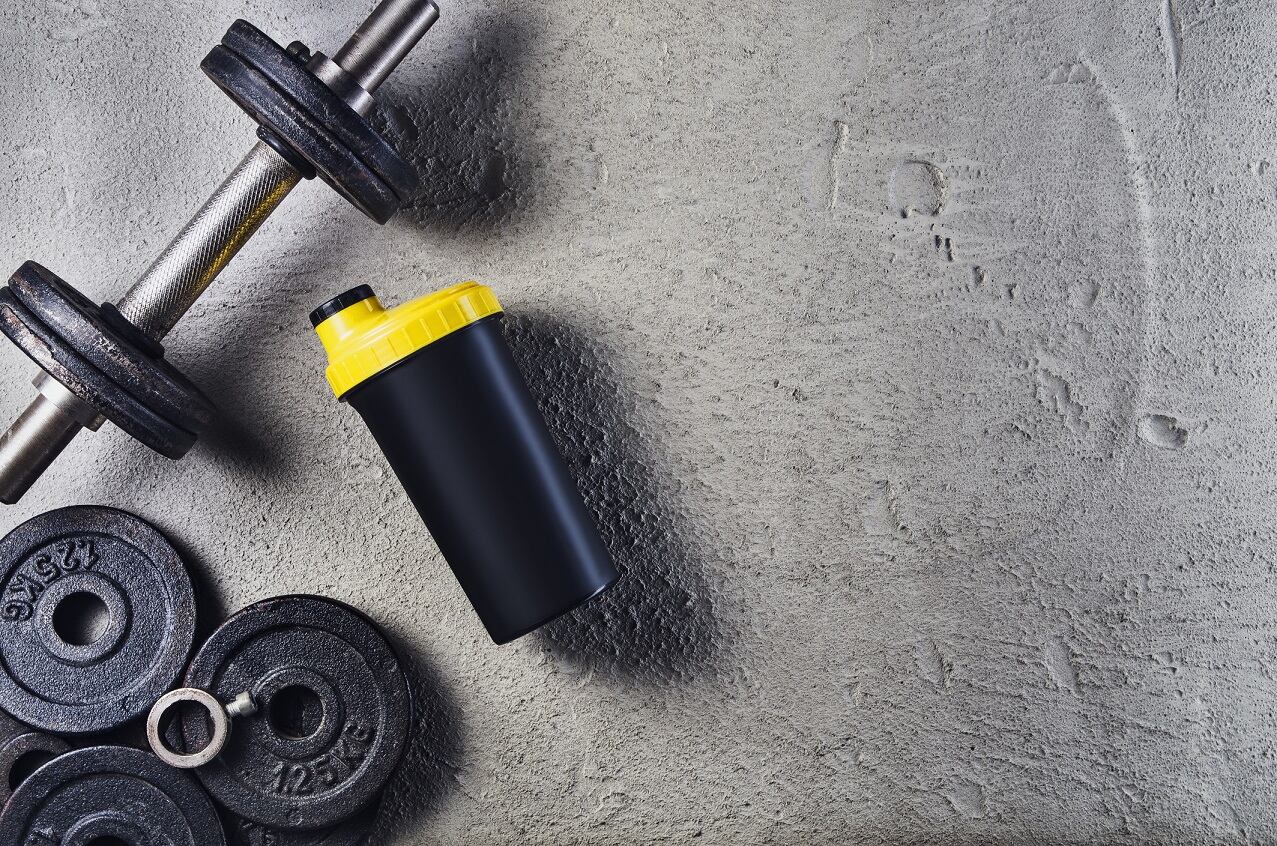Ingenious Ingredients L.P. (ING2) was founded in 2018 by Dr. Ralf Jaeger, Dr. Martin Purpura, Shawn Wells, and Kylin Liao to develop new ingredients for sports and active nutrition (muscle health), nootropics (brain health), and more.
One of the company’s first ingredients to be developed is the dipeptide dileucine for muscle health, which is branded RAMPS. The ingredient is the subject of a paper published in the Journal of Applied Physiology, which reported that young men who consumed dileucine had 42% more muscle synthesis than men who ingested only leucine.
“Dileucine brings true innovation to the popular category of branched chain amino acids (BCAAs), sports and active nutrition and muscle health (age-related muscle loss (sarcopenia), muscle disuse atrophy (immobilization through injury or hospitalization),” Dr. Ralf Jaeger told NutraIngredients-USA.
The US Patent and Trademark Office granted a patent to ING2 earlier this year for the use of dileucine for muscle health (US11026991B2), and Dr Jaeger told us that additional and international patents are pending.
“Dileucine has the potential to revolutionize the BCAA market, by providing a stronger boost in muscle protein synthesis, as a standalone muscle health ingredient, or as a boost in protein-based products,” said Dr Jaeger.
Science
There are only three BCAAs: Leucine, isoleucine and valine, but leucine specifically is believed to be the trigger for muscle protein synthesis.
Dr Jaeger explained that dipeptides play a crucial role in human health and the body has dipeptide transporters that absorb dipeptides faster and more efficiently than individual amino acids. “Prior to our research, it was commonly believed that dipeptides like dileucine would simply be broken down during absorption into individual amino acids, in this case leucine. Our research not only showed that dileucine is partly absorbed intact, resulting in a significant increase in dileucine levels in the plasma, but dileucine significantly increases muscle protein synthesis compared to isomolar amounts of leucine.”
The research he’s talking about was a randomized control study with 10 healthy young men, which was performed at the University of Illinois Urbana-Champaign. Ingenious Ingredients, L.P. funded the research.
Led by U of I’s Prof Nicholas Burd, the researchers fed the participants either 2 grams of leucine or 2 grams of dileucine and studied their muscle-remodeling response for three hours using stable isotopes to track the process of muscle protein synthesis and breakdown. Biopsies of muscle tissue were also taken from the upper leg.
“We found that leucine got into the blood more quickly when participants consumed dileucine than if they had just free leucine,” said Burd. “That means that some of that dileucine is getting hydrolyzed, or cut up, before it gets into the bloodstream. But we also saw that dileucine was getting into the bloodstream intact.”
To evaluate if that absorbed dileucine had any effect on muscle-building processes, the researchers looked at pathways that signal the muscle-building process, including protein breakdown as part of the remodeling process.
“We found no difference in protein breakdown between the leucine alone and the dileucine condition,” said Burd. “But on the protein synthesis side, we saw that dileucine turns up the muscle-building process more than leucine does.”
Forty-two percent more, to be precise.
“These results provide the first insights into the regulation of muscle protein turnover by dipeptide ingestion,” wrote the researchers in the Journal of Applied Physiology.
“Specifically, dileucine ingestion elevated intact plasma dileucine concentrations and was more effective than leucine in stimulating muscle protein turnover by increasing muscle protein synthesis rates in young males.”
Reception and what’s next?
Dr Jaeger told us that the publication has created overwhelmingly positive feedback from the scientific community, and with sports nutrition and general health companies.
“ING2 is currently vetting exclusive top-tier distribution and marketing partners for the ingredient,” he said.
While the study only included 10 participants, Dr Jaeger said it was sufficiently powered to show significant differences in muscle protein synthesis in healthy young people. “We are currently conducting additional studies, for example to evaluate the effects of dileucine when combined with resistance training,” he added.
And while the initial study focused on young men, there is potential beyond sports nutrition. “We are planning to investigate the effects of dileucine in populations with impaired muscle protein synthesis, like elderly, and populations that have an overall negative nitrogen balance, meaning they are losing muscle mass, eg. during calorie restriction, during immobilization or hospitalization (muscle disuse atrophy),” he added.
Dr Jaeger told us that the ingredient does not require any regulatory filings with FDA prior to marketing dileucine as a dietary ingredient for use as dietary supplements like a new dietary ingredient notification (NDIN), because dileucine can be found in all animal and plant proteins in varying amounts, with the highest levels reported in dairy based proteins and mung bean protein. In addition, the leucine in dileucine is identical to leucine when found as leucine. Also, the formation of Dileucine or the breaking of the peptide bond to yield leucine alone would constitute a chemical alteration, and therefore no New Dietary Ingredient is created.
Source: Journal of Applied Physiology
Published online ahead of print, doi: 10.1152/japplphysiol.00295.2021
“Dileucine ingestion is more effective than leucine in stimulating muscle protein turnover in young males: a double blind randomized controlled trial”
Authors: K.J.M. Paulussen, et al.


